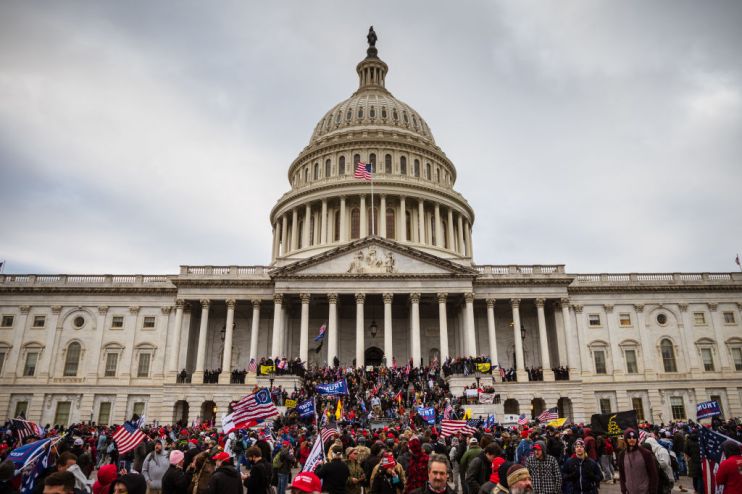Trump uses impeachment response to spout election fraud consipracy

Former President Donald Trump, who is banned from Twitter, tonight found a new outlet to air his unfounded claims about voter fraud, using his legal response to impeachment charges against him in the US Congress as a vehicle for his conspiracy theory.
Trump’s claim that he was the victim of massive voter fraud in the US election, despite no evidence of it, has not ebbed in the days since he left the White House after spending his last two and a half months in office in a fruitless bid to overturn the results of the election won by Democratic President Joe Biden.
Trump’s desire to use the Senate impeachment trial to air his fraud claims was a factor in his parting of ways with five lawyers over the weekend, who wanted to focus on constitutional questions, a source familiar with the situation said.
His answer to the House impeachment case is dominated by the constitutional argument that a former president cannot be impeached.
But the Trump argument, issued through his new lawyers, Bruce Castor and David Schoen, does stray into voter fraud territory, despite pleas from US Senator John Cornyn of Texas that Trump’s defense not “get bogged down in things that really aren’t before the Senate.”
The Trump legal response said Trump, who had used speeches and tweets to claim the election was stolen from him, had exercised “his First Amendment right under the Constitution to express his belief that the election results were suspect.”
Trump, who had railed against mail-in voting prior to the election, said in his impeachment response that due to coronavirus pandemic safeguards, state election laws and procedures were changed by local politicians or judges without approval from state legislatures.